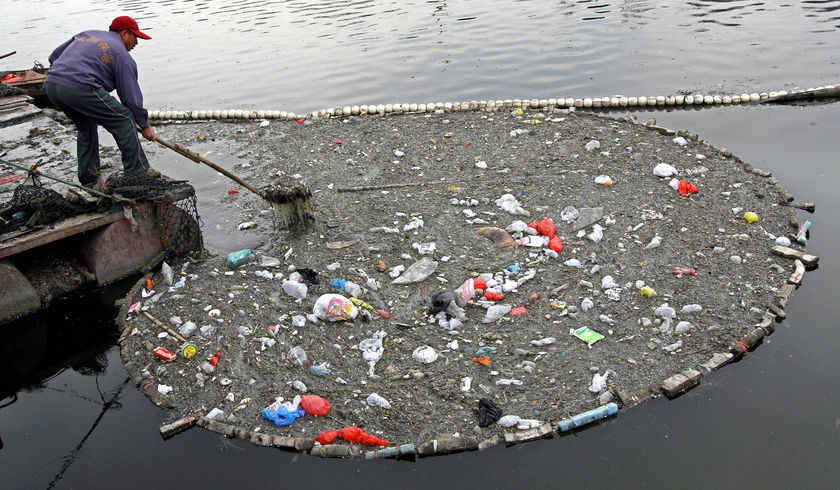Water pollution is a big problem in Georgia, as it can cause serious health problems. Water pollution is the contamination of water sources by harmful toxins, chemicals, radioactive material, or pathogenic microorganisms. It is even the change in the physical, chemical and biological quality of the water source.
Water pollution is the leading cause for several disease in the world which is why it is important to reduce the amount of water pollution in Georgia. The most common water pollutants are agriculture wastes, oil spills, sewage, trash and erosion. The effect of water pollution on the ecosystem is that it causes the extinction of plants, wildlife, and fish or it causes the extinction of some species.
What Are The Causes Of Water Pollution In Georgia
The top causes of water pollution in Georgia are household activities. Among them are garden care, landscape, and farming. The other factors are industrial activities and sewage. The local citizens play the most important role in preserving the water resources. They need to be aware of the fact that their involvement is critical. They can do so by following some steps. First of all, they need to be accountable for disposing of the waste products properly. It is extremely important to recycle waste.
Georgia Power Foundation, Georgia Program For Waters
The Georgia Power Foundation, Inc. is looking to make investments in water quality enhancement projects across the state of Georgia as part of this grant initiative. These projects should result in measurable benefits to the local surroundings and communities.
The Georgia Power Foundation would provide prizes ranging from $25,000 and higher, with a total projected investment of $1 million, for initiatives that will be put into action and begin generating benefits by the end of the year 2023. The Foundation is willing to consider making smaller contributions in water conservation projects which promise exceptional community benefits related to water stewardship.
The proposed projects must centre on waters in Georgia which are currently on the list of waters that are impaired in accordance with Section 303(d) of Clean Water Act. This is to ensure which funding is allocated to the areas that require it the most.
In addition, effective initiatives should centre on eliminating the source or sources of the impairment and contain steps that will lead to de-listing or down-listing of the waterways that are now classified as impaired. Projects that are beneficial to predominantly Black, Indigenous, & people of colour (BIPOC) communities, as well as those that are underserved, will be given additional consideration.
Why Is Water Pollution Such A Big Concern In Georgia
There is a wide range of governmental rules that must be adhered to in Georgia. The potential for water contamination may be one of the environmental issues that you need to be aware of. Polluting one or more creeks and rivers is possible even if your organisation is not near the natural water source.
Water pollution is often caused by the use of fertilisers and pesticides. Industrial chemicals, metals, and solvents are also contributors of pollution. For example, if you use these chemicals on crops and soil during farming, they might contaminate groundwater and eventually reach the surface. It is possible that these toxic substances will eventually find their way into nearby natural water sources, where they could affect the local flora, fauna, and humans.
Nevertheless, this is not only potential risk. When holes or wells are dug into water table in Georgia, such chemicals have the potential to end up in the glasses, washing machines, and showers of Georgia residents who are unaware of the danger.
Because many chemicals don’t dissolve in water, the particles they produce have the potential to make their way into drinking water as well as water sources that are used by wildlife and are inhabited by marine life. It’s possible that upsetting the biological & environmental balance of the region could have ramifications, both known and unknown, for everyone & everything in that region.
Because of this, both the federal government & the state of Georgia have passed regulations pertaining to the prevention of water pollution and the remediation of contaminated water. In the event that your company does not comply with the environmental laws, rules, and regulations that are now in effect, it may be subject to hefty fines, in addition to other financial & non-financial consequences.
It can be in your best interest to find out in advance what your legal rights & obligations are in relation to the environment in order to avoid issues in the future.

